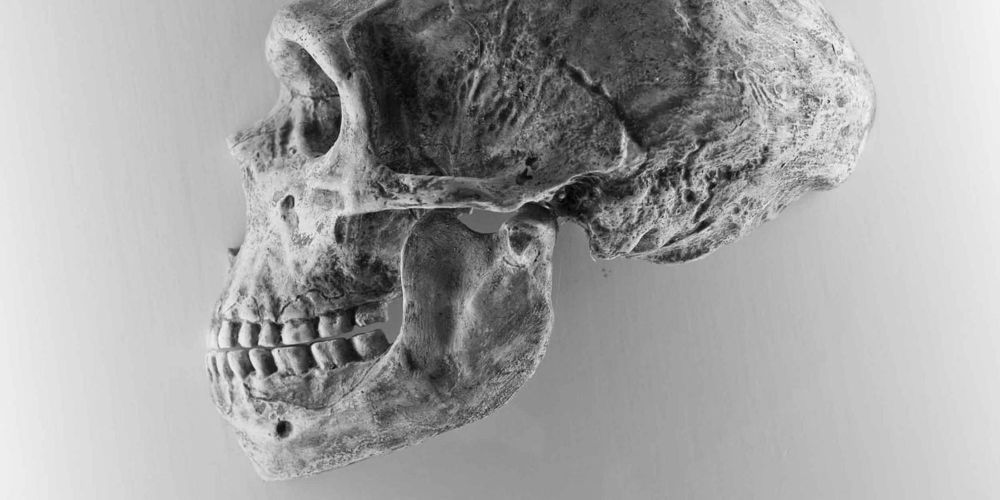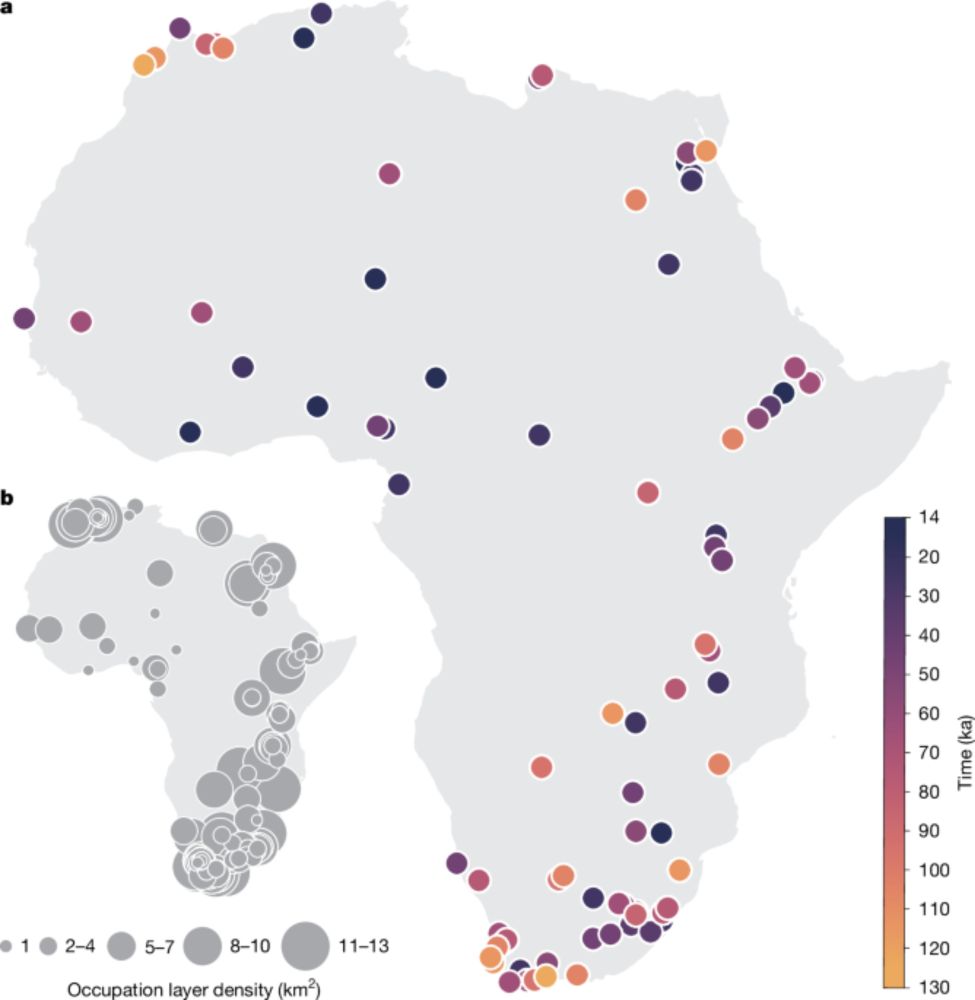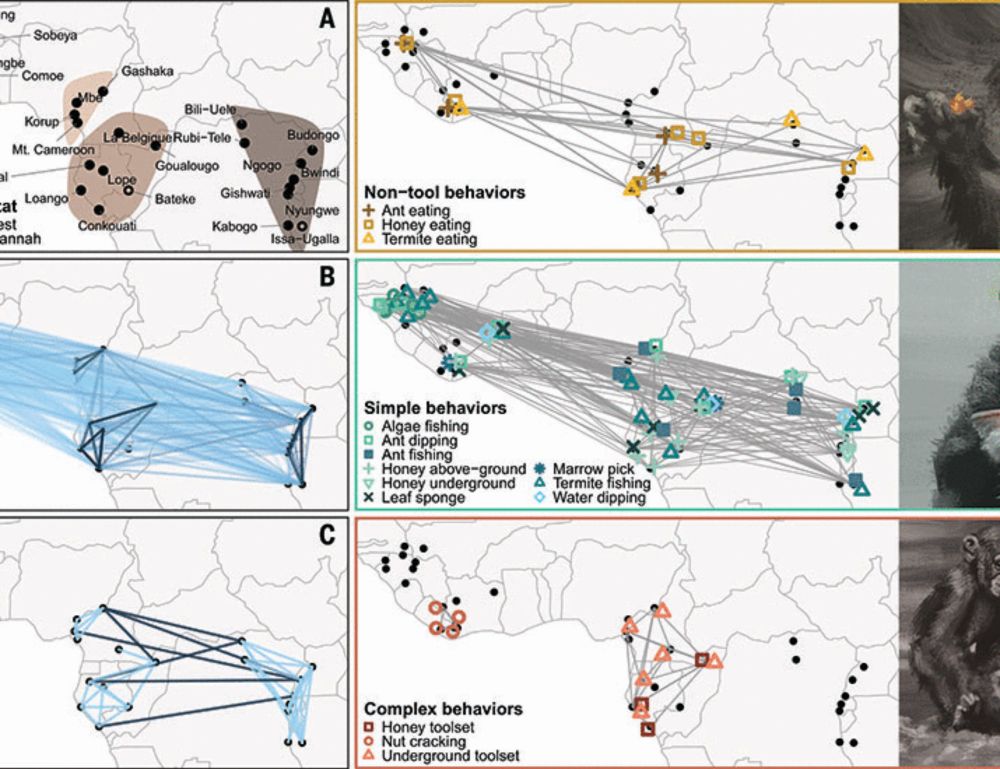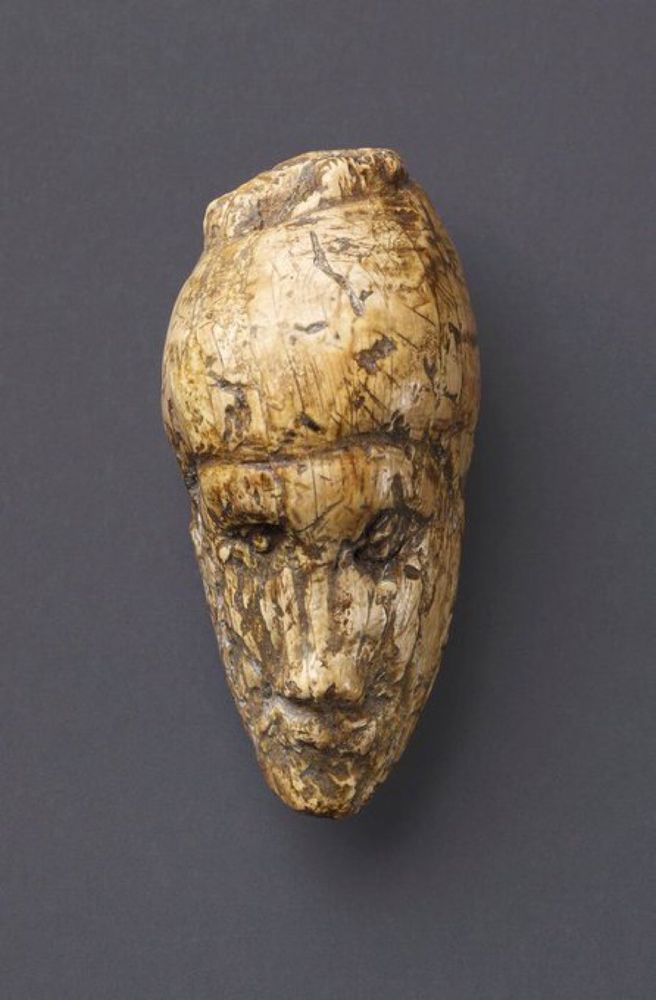

secretofoursuccess.fas.harvard.edu
www.johnhawks.net/p/informal-h...

www.johnhawks.net/p/informal-h...
www.openbookpublishers.com/books/10.116...

www.openbookpublishers.com/books/10.116...
www.nature.com/articles/s41...

www.nature.com/articles/s41...
global.oup.com/academic/pro...

global.oup.com/academic/pro...
secretofoursuccess.fas.harvard.edu

secretofoursuccess.fas.harvard.edu
Interesting finding that cultural innovation was accelerated by both population size increases, but also recombination across partially isolated regions (e.g. Morocco and sub-Saharan Africa)

Interesting finding that cultural innovation was accelerated by both population size increases, but also recombination across partially isolated regions (e.g. Morocco and sub-Saharan Africa)
But in a new paper in Current Biology, Kim Hill & I report that the Northern Aché (Paraguay) lacked both behaviors, likely losing them after cultural collapse.
Open-access link: www.cell.com/current-biol...

But in a new paper in Current Biology, Kim Hill & I report that the Northern Aché (Paraguay) lacked both behaviors, likely losing them after cultural collapse.
Open-access link: www.cell.com/current-biol...
theconversation.com/humans-arent...

theconversation.com/humans-arent...


I’m a cultural & evolutionary scientist obsessed with 2 ideas:
1) humans are the only species with religion
2) within our religious species, atheism comes naturally
I wrote a book on that, here’s a short 🧵 with some fun book tidbits. Enjoy & share!
💙📚
🧪
www.amazon.com/Disbelief-Or...

I’m a cultural & evolutionary scientist obsessed with 2 ideas:
1) humans are the only species with religion
2) within our religious species, atheism comes naturally
I wrote a book on that, here’s a short 🧵 with some fun book tidbits. Enjoy & share!
💙📚
🧪
www.amazon.com/Disbelief-Or...
'Sense & Nonsense: Evolutionary Perspectives on Human Behaviour (3rd Ed)'
global.oup.com/academic/pro...
🧪🏺 #evolution #psychscisky #evobio #philsci #histsci

'Sense & Nonsense: Evolutionary Perspectives on Human Behaviour (3rd Ed)'
global.oup.com/academic/pro...
🧪🏺 #evolution #psychscisky #evobio #philsci #histsci

